|
Believe it or not, but it is nearly the end of January!
As any good ecological consultant will be aware, the survey season for great crested newts will soon be upon us. As a protected species, it is an offence to capture (take) or disturb these fantastic little amphibians, which means that surveys for GCN need to be undertaken by an ecologist with a licence to undertake trapping and other activities that would otherwise be an offence. As days lengthen, newts and other amphibians will be heading towards ponds to breed - the courtship display is one of the marvels of British Wildlife and a story for another blog. Once in ponds, that is the optimal time for undertaking surveys, and the reason why traditional newt survey methods advocate sampling for amphibians between mid March and mid-June (with most surveys between mid-April and mid May). In recent years the use of Environmental DNA (EDNA) technology has provided another approach to surveys, with surveys being valid from mid-April onwards. The key message, is that if you have a site where newts surveys are likely to be required, you need to get them into your programme now to ensure that you do not miss the boat! If you leave it until June, you will have left it to late , and there would be a real danger of a delay to programme and a serious entry in a project's risk register! Get in touch via my contacts page for an informal chat about protected species or to discuss your survey requirements.
0 Comments
For me, ecology is not just an academic subject and my career - but it is also about an appreciation of the natural world that surrounds us in gardens and semi-wild areas. Being mindful of the ecological processes and functions of the species that form the habitats that are so familiar to us in here in Britain, engenders a deep understanding of the natural world. It has been a beautifully frosty couple of days here in Suffolk - no snow has fallen unlike many parts of the country - but a hoar frost this morning looked amazing on some cherry blossom in the garden ....and I love the structural forms created by winter seed heads!!
If you would like advice on ecological issues relating to preconstruction sites or enabling works, feel free to get in touch..... at HuckleEcology, we have extensive experience of working on all stages of projects from pre feasibility assessements right through the planning and construction phases to operational monitoring!
The Chartered Institute of Ecology and Environmental Management (CIEEM) has recently published updated guidelines for EcIA, which can be downloaded here:
Having applied the EcIA process to numerous projects (both for EIA and non-EIA projects), I would highly recommend that this document be read by anyone commissioning professional ecologists, those actually required to undertake EcIA (who should be suitably qualified ecologists) and to those reviewing EcIA reports (such as planning officers and consultees).
These guidelines are also essential reading for students or graduates who aspire to be professional ecological consultants. All in all, I am very impressed and applaud the various authors and contributors, who I know have put a great deal of time and effort into the production of these guidelines. |
Jon HuckleThis is intended to host my articles on ecology, news about what I am up to, and general musings or ramblings about things that concern me.... Archives
February 2023
Categories
All
|
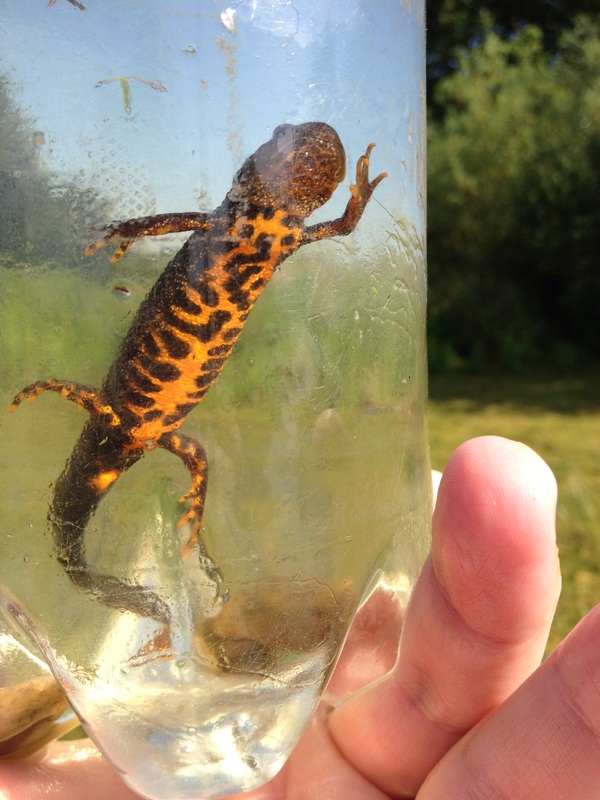
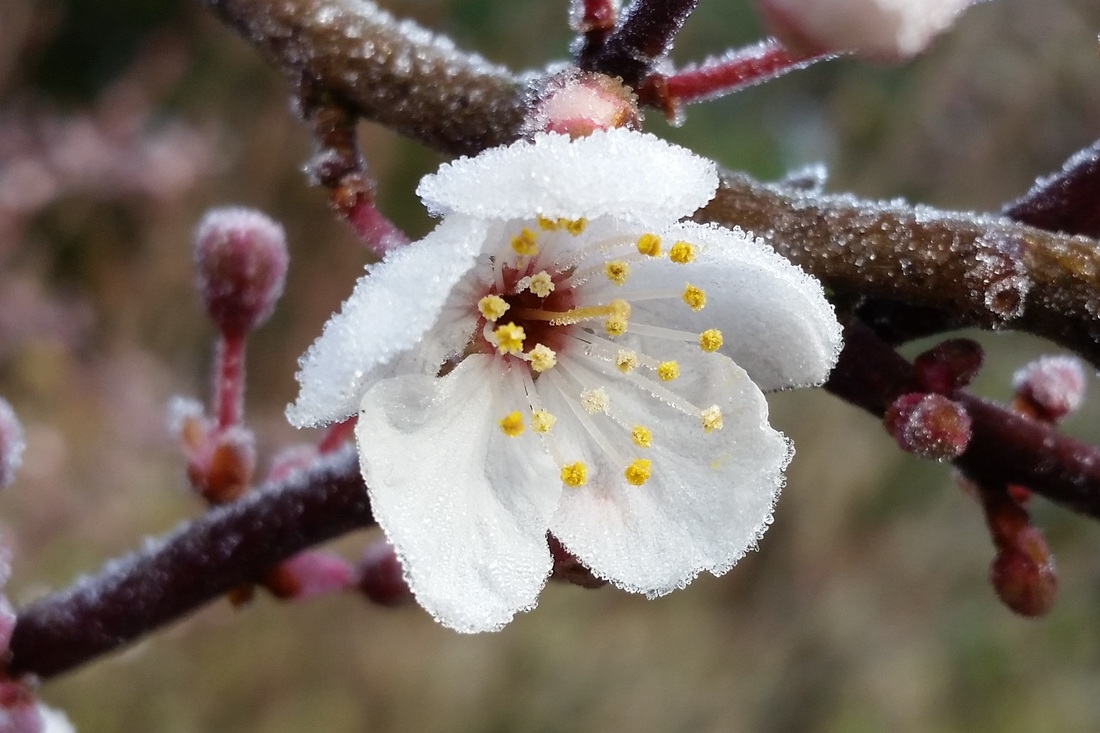

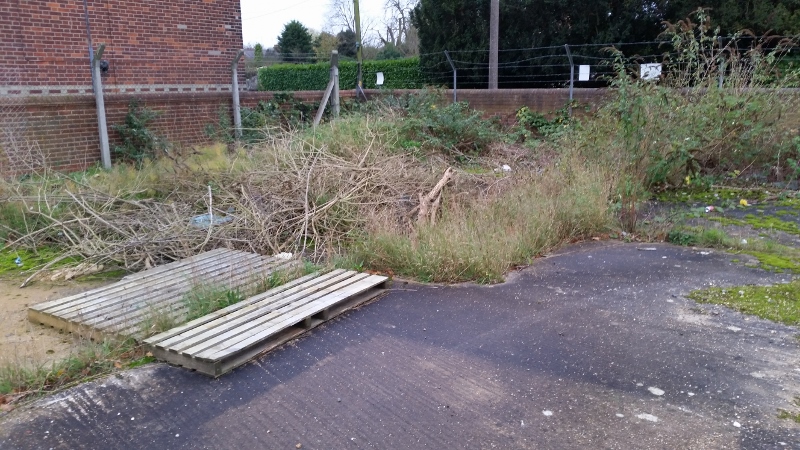
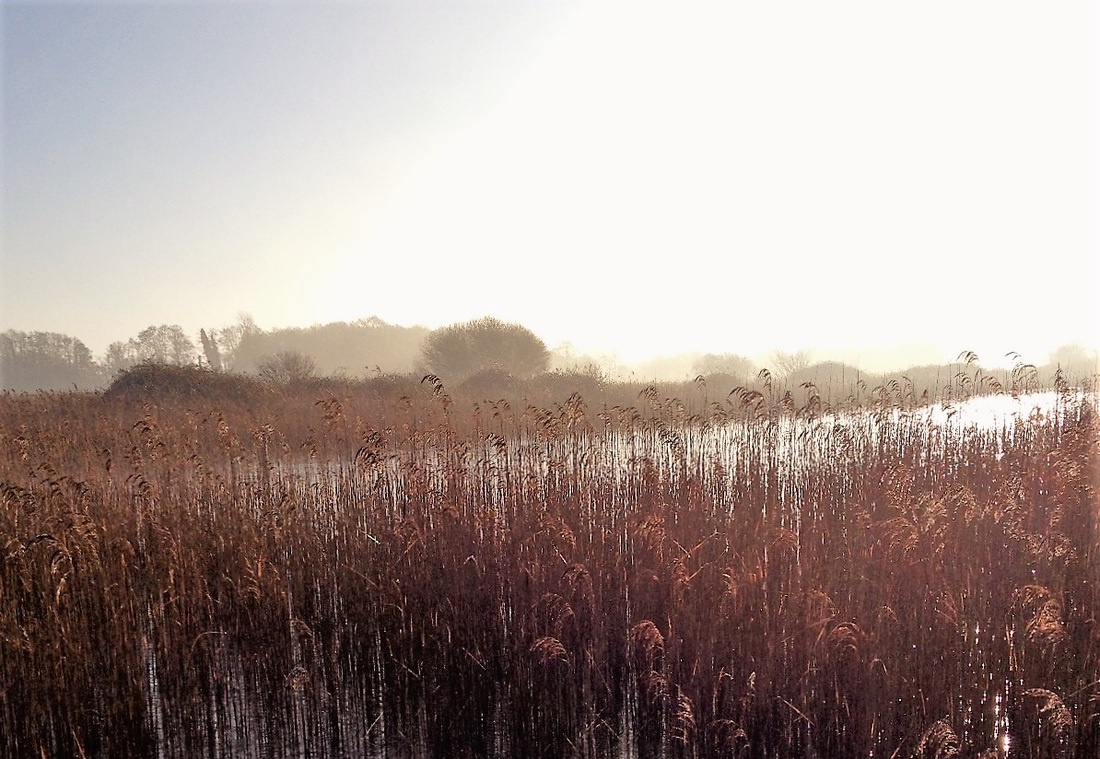
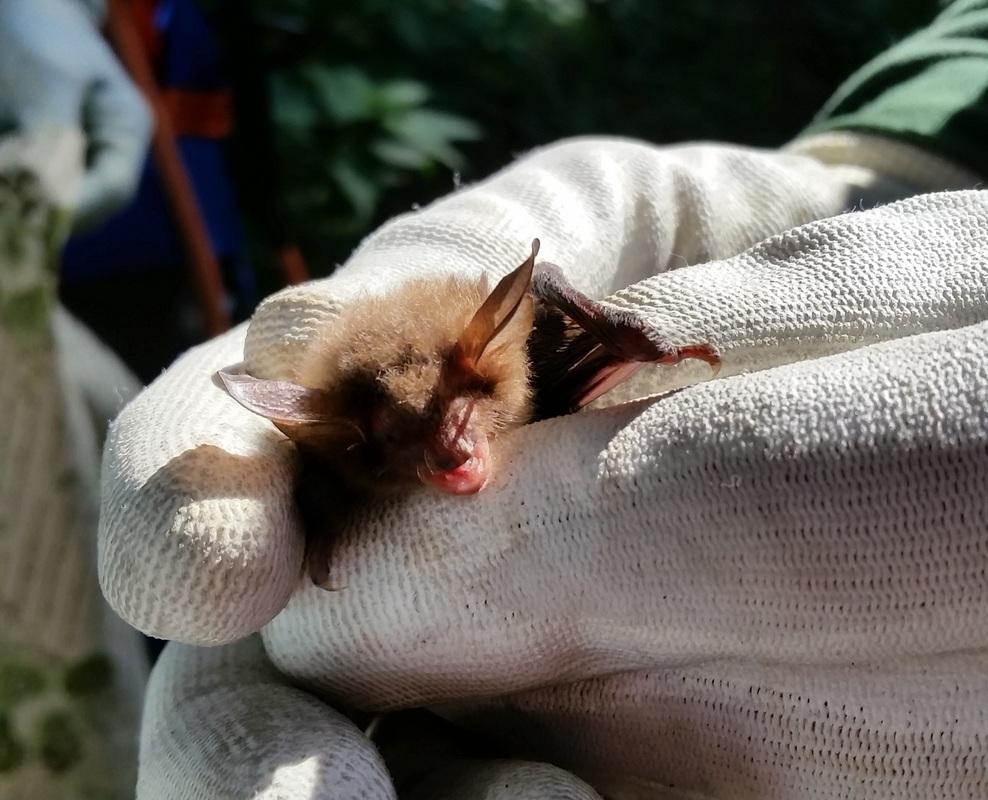
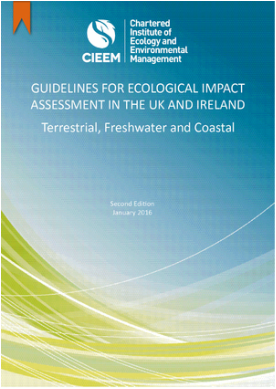
 RSS Feed
RSS Feed
